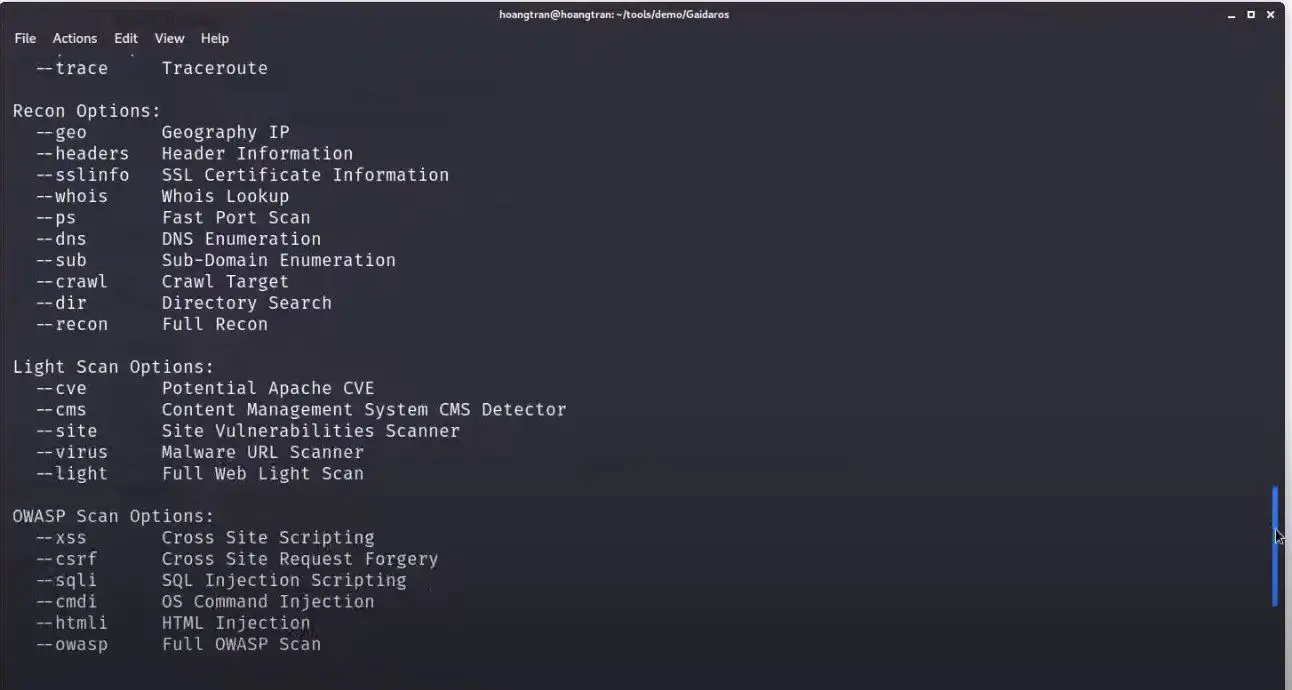

- #Open source scanner for free#
- #Open source scanner software#
- #Open source scanner code#
- #Open source scanner license#
The tools listed in the tables below are presented in alphabetical order.
#Open source scanner license#

Ability to detect vulnerabilities, based on:.Prerequisite: Support your programming language.
#Open source scanner code#
Analysts frequently cannot compile code unless they have:.Many SAST tools have difficulty analyzing code that can’t be compiled.Difficult to ‘prove’ that an identified security issue is an actual vulnerability.Frequently unable to find configuration issues, since they are not represented in the code.Small percentage of application security flaws. They can automatically identify only a relatively Difficult to automate searches for many types of security vulnerabilities, including:.Location, line number, and even the affected code snippet. Output helps developers, as SAST tools highlight the problematic code, by filename,.Identifies certain well-known vulnerabilities, such as:.Scales well – can be run on lots of software, and can be run repeatedly (as with nightly builds or continuous integration).SAST tool feedback can save time and effort, especially when compared to finding vulnerabilities later in the development cycle.
#Open source scanner software#
Such tools can help you detect issues during software development. Source code analysis tools, also known as Static Application Security Testing (SAST) Tools, can help analyze source code or compiled versions of code to help find security flaws. “We’ve worked with many partners to expand coverage, including AWS, Azure, Google Cloud, npm, Stripe, and Twilio.Contributor(s): Dave Wichers, itamarlavender, will-obrien, Eitan Worcel, Prabhu Subramanian, kingthorin, coadaflorin, hblankenship, GovorovViva64, pfhorman, GouveaHeitor, Clint Gibler, DSotnikov, Ajin Abraham, Noam Rathaus, Mike Jang Now secret scanning also watches private repositories for known secret formats and immediately notifies developers when they are found,” explained Shanku Niyogi, Senior VP of Product at GitHub. “With over ten million potential secrets identified, customers have asked to have the same capability for their private code. Secret scanning (formerly “token scanning”) has been available for public repositories since 2018, but it can now be used for private repositories as well.
#Open source scanner for free#
Results are displayed in the pull request for the developer to analyze, and additional information about the vulnerability and recommendations on how to fix things are offered, so they can learn from their mistakes.Īny public project can sign up for code scanning for free – GitHub will pay for the compute resources needed.įor a peek of how this will work in practice, check out this demonstration by Grey Baker, Director of Product Management at GitHub (start the video at 31:40): With code scanning enabled, every ‘git push’ is scanned for potential security vulnerabilities. While code analysis with CodeQL is not new, this new feature makes it part of the developers’ code review workflow. The code scanning feature, available for set up in every GitHub repository (in the Security tab), is powered by CodeQL, a semantic code analysis engine that GitHub has made available last year.ĬodeQL can analyze code written in C, C++, C#, Java, JavaScript, TypeScript, Python and Go, but the code scanning feature can work with any analysis engine (and developers can choose others from the GitHub Marketplace). With the latter, it wants to make sure that developers are not inadvertently leaking secrets (e.g., cloud tokens, passwords, etc.) in their repositories. With the former, it aims to prevent vulnerabilities from ever being introduced into software and, ideally, help developers eliminate entire bug classes forever. GitHub has made available two new security features for open and private repositories: code scanning (as a GitHub-native experience) and secret scanning (both still in beta).


 0 kommentar(er)
0 kommentar(er)
